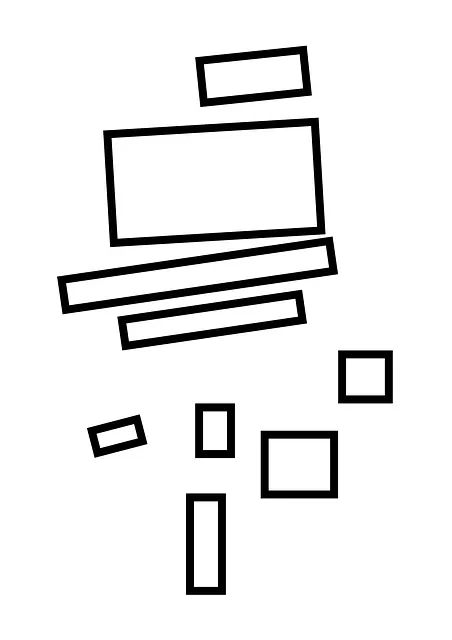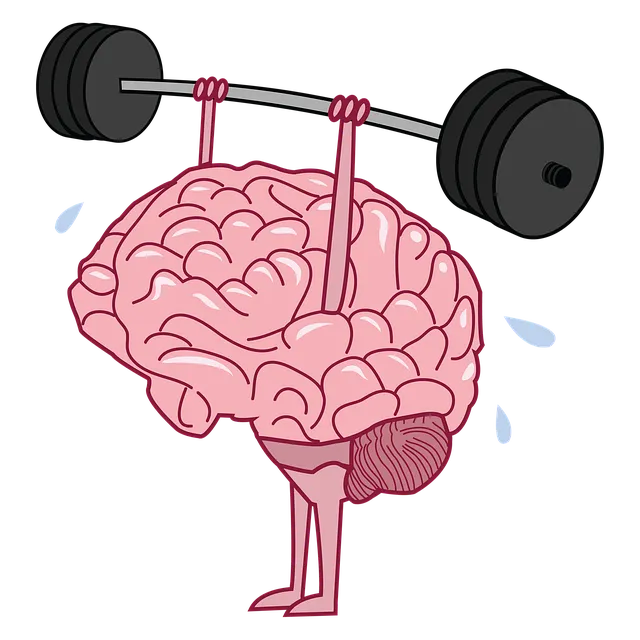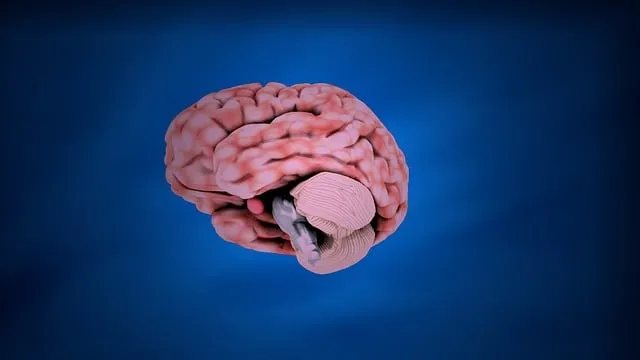Mental wellness journaling has become a popular tool at Boulder Kaiser Permanente's mental health department, helping clients improve their emotional well-being. The department provides resources and guidance for developing safe and effective journaling practices, including risk assessment. By regularly expressing thoughts and emotions through writing, individuals can gain insights, track progress, and build resilience in managing life's challenges. Journaling enhances self-awareness, improves coping mechanisms, and contributes to overall mental wellness, making it a recommended practice for culturally competent mental health support. The department advises setting up a journal with prompts tailored to individual needs, such as tracking stressors or exploring happiness sources. Integrating journaling into daily routines, even for brief periods, can significantly benefit mental wellness and aid healthcare providers in risk management.
“Unwind your mind and embark on a journey of self-discovery with Mental Wellness Journaling, a practice gaining traction at Boulder’s Kaiser Permanente mental health department. This transformative exercise empowers individuals to navigate their emotional landscapes through expressive writing. From understanding its foundational benefits to exploring creative prompts, this guide unveils effective strategies for setting up your journal and integrating it into daily life. Discover how this simple yet powerful tool can enhance your mental wellness.”
- Understanding Mental Wellness Journaling: A Foundation for Self-Reflection
- The Benefits of Expressive Writing: Unlocking Emotional Freedom
- Setting Up Your Journal: Tools and Techniques for Effective Documentation
- Exploring Prompt Ideas: Creative Ways to Guide Your Thoughts
- Integrating Journaling into Daily Life: Building a Sustainable Practice
Understanding Mental Wellness Journaling: A Foundation for Self-Reflection

Mental wellness journaling is a powerful tool for self-reflection and personal growth. It involves writing down thoughts, emotions, and experiences to gain deeper insights into one’s mental health. By committing time each day or week to journal, individuals can explore their feelings, identify patterns, and track progress over time. This practice fosters awareness, encourages self-care, and promotes resilience in navigating life’s challenges.
At Boulder Kaiser Permanente’s mental health department, the number of clients benefiting from this approach has been steadily rising. The department offers a range of resources, including Mental Health Policy Analysis and Advocacy, to support individuals in developing their journaling practices. Moreover, they provide guidance on Risk Assessment for Mental Health Professionals, ensuring that journaling is not only therapeutic but also safe and effective for all participants. Through these initiatives, Boulder Kaiser Permanente aims to enhance mental wellness coaching programs development, empowering individuals to take control of their mental health journey.
The Benefits of Expressive Writing: Unlocking Emotional Freedom

Expressive writing has been recognized as a powerful tool for enhancing mental wellness, often recommended by healthcare professionals like those within Boulder Kaiser Permanente’s mental health department. This practice involves putting thoughts and emotions into words, allowing individuals to explore their feelings deeply and gain new insights. Numerous studies have highlighted its benefits in managing stress, anxiety, and even preventing depression.
By engaging in regular expressive writing, one can unlock a sense of emotional freedom. It provides an opportunity for self-reflection and self-care, enabling individuals to process complex emotions and challenging life experiences. This act of putting pen to paper (or fingers to keyboard) fosters personal growth by offering a safe space to explore the mind’s intricacies. Additionally, it promotes self-awareness, enhances coping mechanisms, and can improve overall well-being—all essential aspects of Self-Care Practices recommended by healthcare providers to ensure cultural competency training in mental health support.
Setting Up Your Journal: Tools and Techniques for Effective Documentation

Setting up your journal is a crucial step to ensure effective mental wellness documentation. Start by choosing a physical or digital notebook that feels comfortable and inspiring to you. Consider using tools like colored pens, markers, or stickers to make it visually engaging. Many people find that dedicated journaling apps can be useful, offering features like mood trackers, prompts, and secure storage options. At Boulder Kaiser Permanente’s mental health department, they often recommend a mix of free-form writing, guided exercises, and even collage or drawing pages for a well-rounded approach.
In terms of techniques, establish a consistent routine by setting aside dedicated time each day or week. Decide on the format: will you focus on reflecting on your day, exploring emotions, or practicing gratitude? Incorporate aspects of mental health education programs designed to enhance emotional regulation and mood management. For instance, use prompts like “What triggered my stress today?” or “What activities made me feel calm?” Regularly reviewing past entries can provide valuable insights into your emotional patterns and progress in managing them.
Exploring Prompt Ideas: Creative Ways to Guide Your Thoughts

Exploring Prompt Ideas is an essential part of creating a meaningful mental wellness journal. This practice serves as a creative outlet to guide your thoughts and reflect on various aspects of your well-being. For instance, prompts can encourage you to delve into your emotions by writing about specific challenges or achievements in life. You might consider questions like, “What sparked my happiness today?” or “How did I cope with a stressful situation?” These queries prompt self-reflection and awareness, which are pivotal for stress reduction methods recommended by the Boulder Kaiser Permanente mental health department number.
Moreover, creative prompts can draw from diverse sources, such as nature observations, gratitude practices, or even fictional scenarios. For example, imagining you’re walking through a peaceful forest and describing what you see, hear, and feel can be therapeutic. This technique is not merely about writing; it’s about fostering cultural competency training for healthcare providers by promoting self-awareness and understanding of one’s mental landscape. Similarly, risk management planning for mental health professionals can benefit from these prompts as they encourage the identification and processing of potential stressors or triggers in a safe, introspective manner.
Integrating Journaling into Daily Life: Building a Sustainable Practice

Integrating journaling into your daily routine can be a transformative practice, as recommended by the Boulder Kaiser Permanente mental health department. Start small, dedicating just 15-20 minutes each day to reflect and record your thoughts. Consistency is key; make it a non-negotiable part of your schedule, akin to brushing your teeth. Over time, you’ll find that this simple act becomes an integral part of your self-care routine.
To build sustainability, consider setting specific goals like tracking moods, identifying triggers, or exploring gratitude. For instance, practice empathy building strategies by reflecting on social interactions and noting any opportunities for growth in communication and relationship skills (Social Skills Training). Regularly reviewing these entries can help in risk assessment for mental health professionals, enabling them to recognize patterns and make informed decisions regarding their well-being.
Mental wellness journaling is a powerful tool offered by the Boulder Kaiser Permanente mental health department, enabling individuals to navigate their emotional landscapes. By combining self-reflection with expressive writing, this practice fosters emotional freedom and enhances overall well-being. Through setting up a dedicated space, utilizing creative prompts, and integrating journaling into daily routines, anyone can embark on a journey of personal growth and discovery. Remember that consistency is key; just as the Boulder Kaiser Permanente mental health department emphasizes, making journaling a sustainable practice will yield lasting benefits for your mental wellness.






